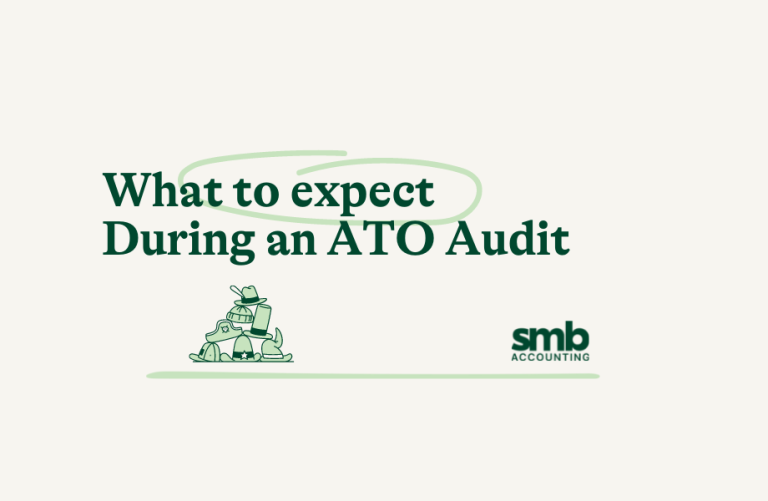Every business owner aims to run their business seamlessly. When it comes to tax matters, nobody wants to be paying more than the right amount. That is why it is vital to have well-organised and efficient financial records. It will help you avoid issues during tax time and alleviate the risks of paying the unnecessary amount due to accounting issues.
Every company should be updated with the approaching tax deadline to avoid cramming when papers and records are to be submitted. Organisation is essential when getting ready for tax time. You can use the various tools, software and resources that are available nowadays. They are user-friendly and can help the business organise its transactions efficiently.
Consider the following tax tips:
Commit to a clean bookkeeping process
Effective and organised bookkeeping is the best tool for business owners to reduce the tax season’s stress. With today’s various accounting tools and software today, there’s no excuse that your accounting department will be stuck with the stressful manual methods of recording and balancing transactions. These tools are automated and pose higher accuracy than the manual accounting method.
Every company should ensure that the following essential bookkeeping processes are done appropriately:
- Monitoring income, sales and profit
- Tracking various expenses
- Creating, modifying and sending invoices
- Managing the business’s overall bank transactions
When your financial records are all updated and organised, you will avoid having penalties due to incomplete or incorrect tax returns.
Clear monitoring of every business expense
Some small business owners disregard claiming their business expenses, mainly because they lack a reliable and efficient system for documenting every expense coming out. There should be a receipt for everything you pay so that you will be qualified for a GST or a tax deduction.
Use a system to document all your receipt data, expenses report and track mileage. You can also choose a tool that can help you sync all accounting processes in one.
Make sure to have separate business and personal financial records
It is crucial to clearly divide the personal and business financial records, specifically the expenses. This will help in making it easier to claim the proper deductions from your tax return. These records will also be used during an audit.
The following steps will help you recognise and separate your personal and business finances:
- Have a separate bank account for your business. You can also designate a credit card and use it solely for business purposes.
- Avoid combining your personal expenses with your business expenses. For instance, buying a printer ink for your home and office should have two different receipts.
- Allocate a set salary or a standard drawing from the business account each month to learn how your business income will be taxed.
Always consult with a professional accountant
There are times you’re not really sure how to organise business transactions before putting them on record. You may not yet know which accounting software will be best to use. Or, you may need further information on how the tax law works in your area. This is why you need to consult with an accountant. A professional accountant will help you organise your financial transactions and prevent tax issues in the future.
Conclusion
Bookkeeping can be a stressful process, but this is an integral part of the business. To make your tax affairs simple and free of errors, it would be helpful to seek assistance from a professional accounting firm to support your business’s long-term financial matters.
If you’re looking for accountants in Sunshine Coast, QLD, SMB Accounting has the best to offer. We can help you with your taxes and manage your businesses’ finances. Contact us today for more details.




